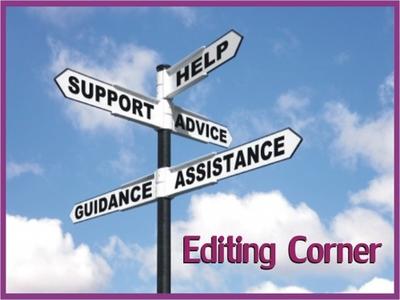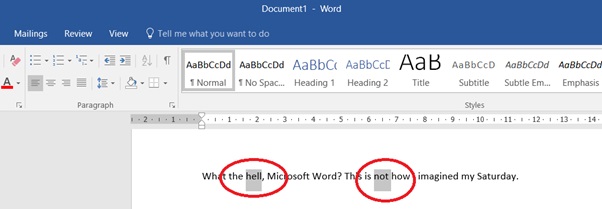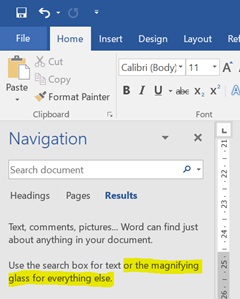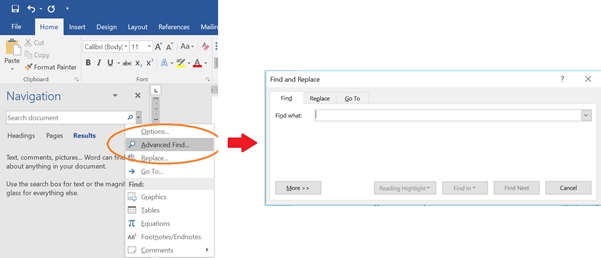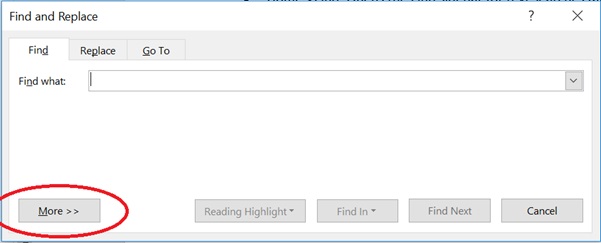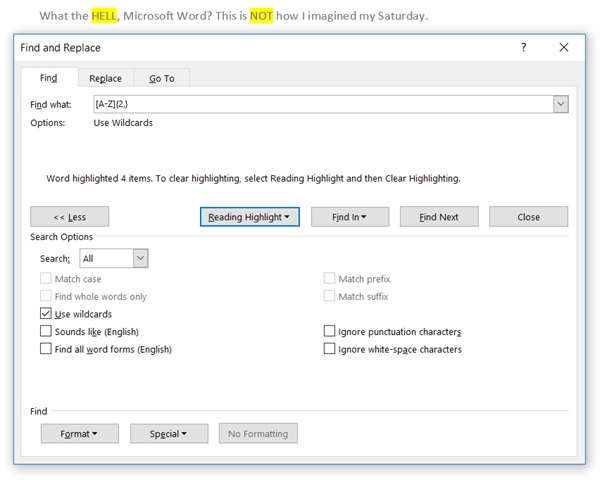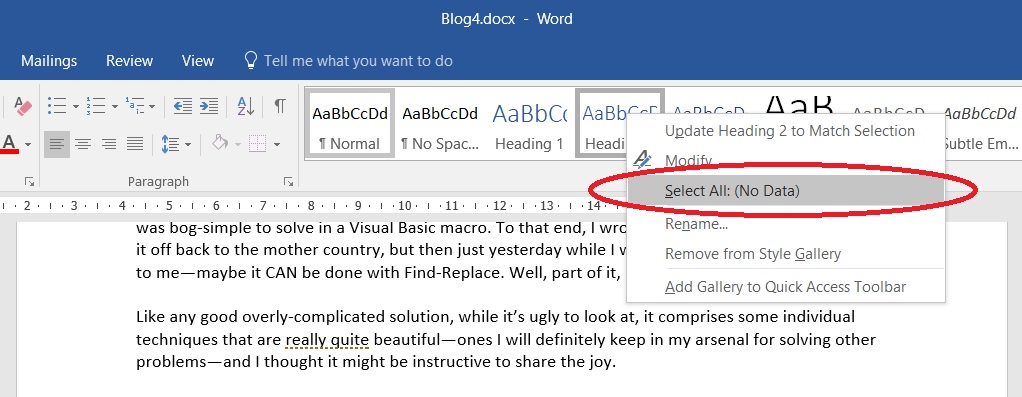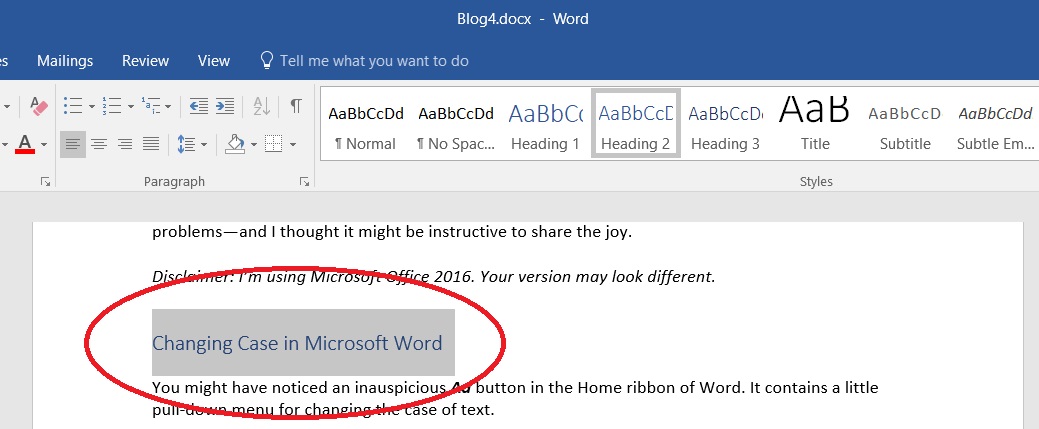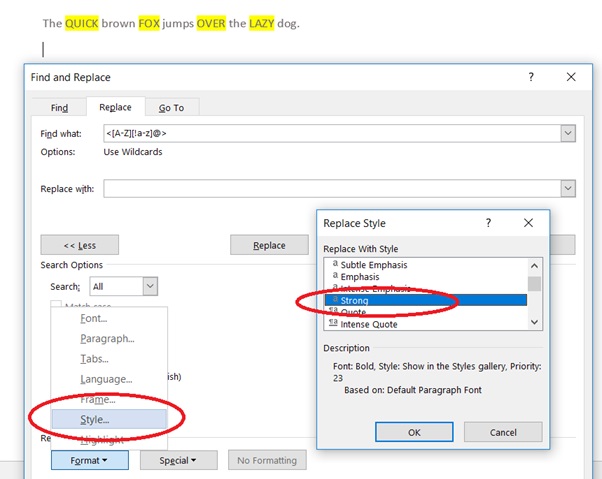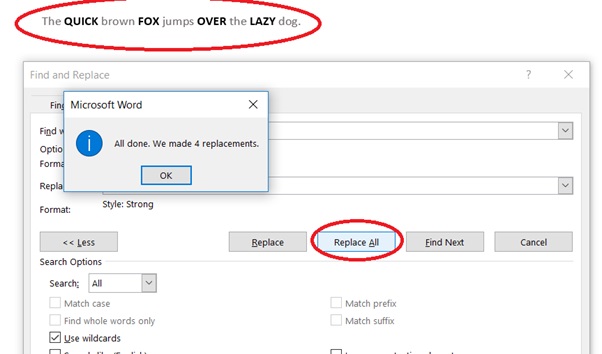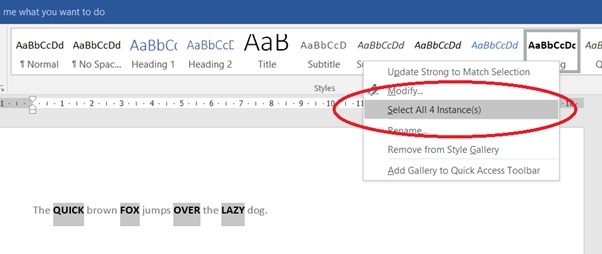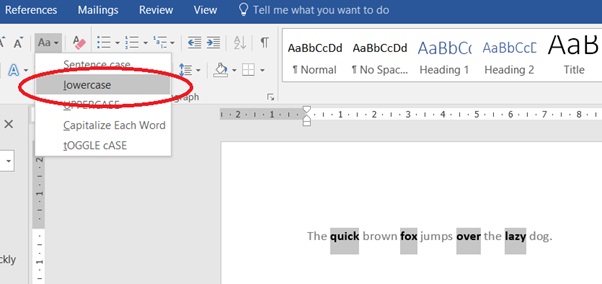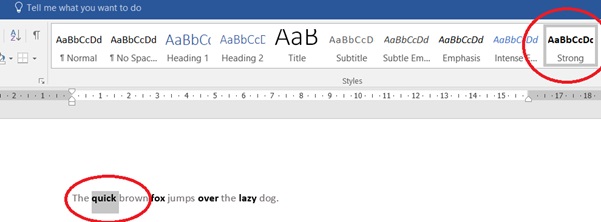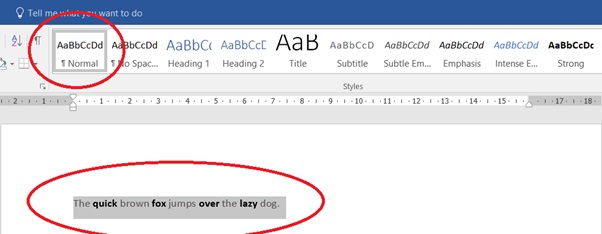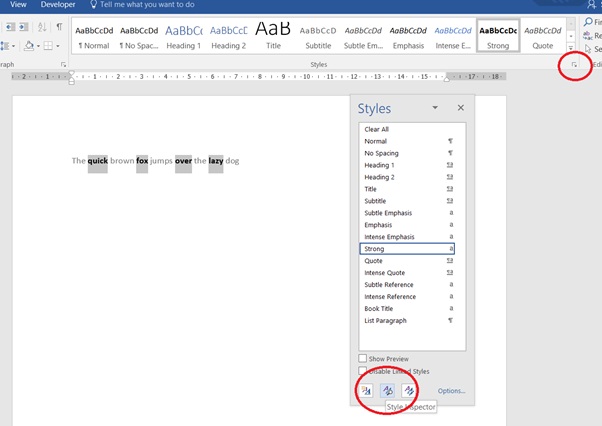( . . . ). ! ? ” ” ‘ ‘ [**]. . : ; , @. #. %. & —
As a teacher of literature and composition classes, as well as creative writing (non-fiction, fiction, poetry, and drama), I am sometimes attacked by Imposter Syndrome (What am I doing here? What do I have to teach anyone?).
As a writer, I know that the writing process is not completely straightforward. It requires input from the left side of the brain (supposedly the logical side) as well as the right side (supposedly the creative, intuitive side). As a writing teacher, I encourage students to keep journals of various kinds, including dream journals, and mine them for material.
The editing process involves imposing some order on the sometimes-incoherent messages from the inner Oracle. Some knowledge of grammar and punctuation is required, but students sometimes complain that traditional rulebooks on such things tend to be: 1. intimidating, 2. confusing, and 3. boring.
Would erotic writers be interested in an appropriate (i.e. inappropriate for the classroom) grammar workshop? At the Erotic Authors conference in Las Vegas in 2011, Shar Azade and I presented this event, complete with handouts to take away. It seemed to be a success.
Ever since then, I have considered writing an erotic guide to the parts of speech, sentence construction, verb conjugation, and the use of punctuation as accessories. It lends itself to being written in brief sections, so various charts and exercises in this Work-in-Progress litter the Documents on my home computer.
I offer for your consideration a discussion of two different but related verbs. You can’t afford not to make their acquaintance.
****************************
Two verbs that are often confused are “to lay” and “to lie.” Many people don’t even know they are not the same!
Here is a brief introduction:
Hello, I am TO LAY. I am a transitive verb, which means that I always have a direct object. To put it more bluntly, I am always Dominant. I need someone or something to work on.
I (to lay). O (object)
Here are some examples:
I lay a lace tablecloth on the table when I’m expecting company.
My assistant lays out the implements ahead of time.
My guests lay their clothing on the guest bed before presenting themselves for inspection.
**********************
I am TO LIE. I am intransitive, meaning that I perform actions alone. This really means I am a solitary masturbator. I don’t need anyone or anything.
I (to lie, a solitary verb). (I don’t need a thing.)
Here are some examples:
I lie down when I am tired.
My Bonnie lies over the ocean, and my love letters lie to her in her ebony chest with the lock.
What secrets lie in her heart?
***********************
Here is TO LAY conjugated in first-person singular:
I laid (simple past), I lay (simple present), I will lay (simple future).
I was laying (past progressive), I am laying (present progressive), I will be laying (future progressive)
I had laid (past perfect), I have laid (present perfect), I will have laid (future perfect).
************************
Simple, right?
Now, here is the confusing part: “lay” can be used as a past-tense form of “to lie.”
Here is TO LIE conjugated in different tenses.
I lay (simple past), I lie (simple present), I will lie (simple future)
I was lying (past progressive), I am lying (present progressive), I will be lying (future progressive)
I had lain (past perfect), I have lain (present perfect), I will have lain (future perfect)
—————————-
These examples should lay all the confusion to rest!






